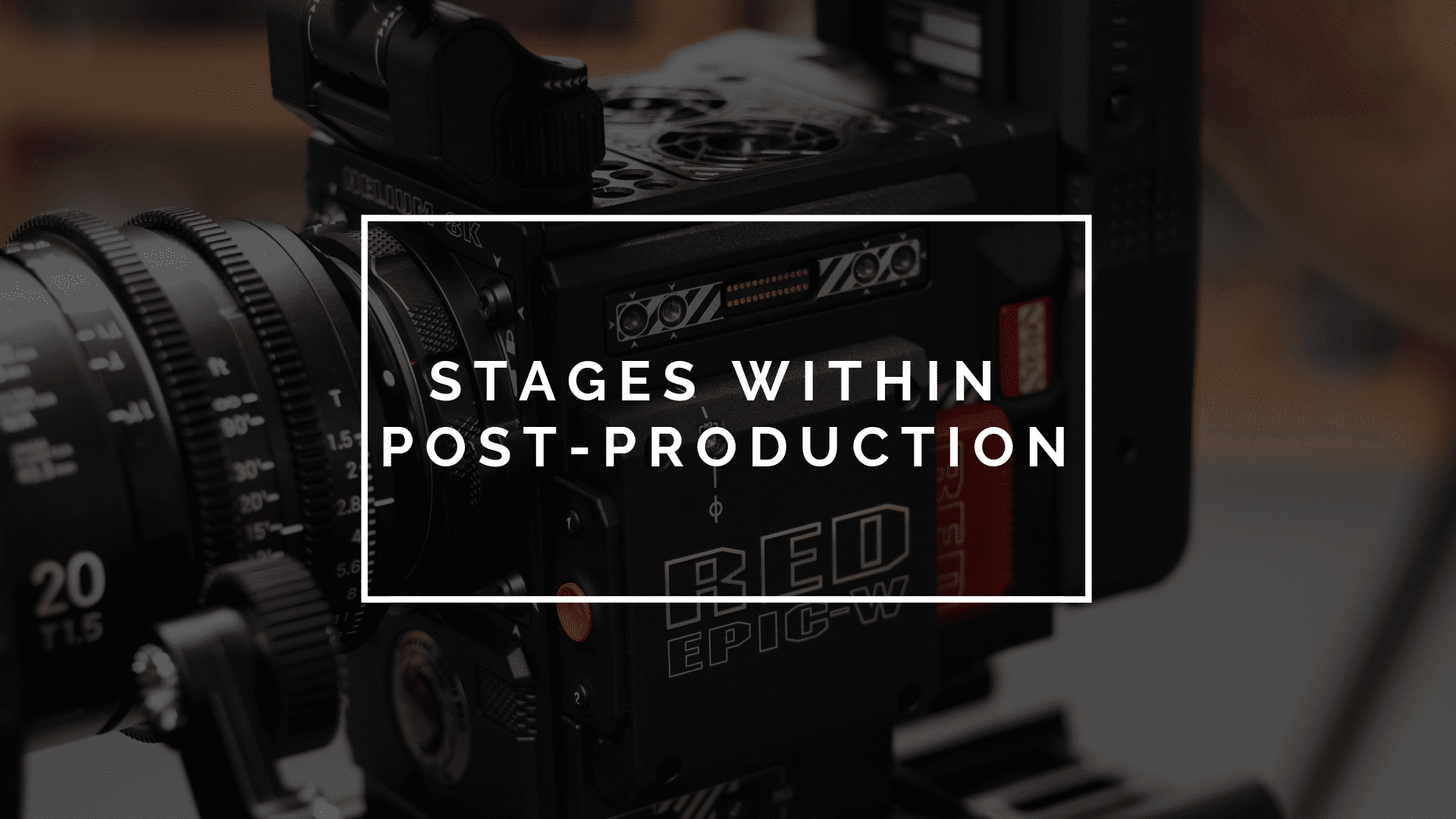
Post-production, the final stage in the video production process, and the most awaited stage for film production companies. There isn’t anything more exciting than getting to edit, review, and prepare your project for the public. However, film production companies know that there are still several steps within this final stage that need to be completed before you have that final project ready for everyone to see.
Just like pre-production and production, this stage is divided into smaller steps to ensure that your project comes out as planned. So, once you’ve gotten all of your scenes recorded, it’s time to get into the stages of post-production.
Editing
The editor will read through the script and make cuts in the video accordingly to how they believe it makes the most sense within the storyline. Editors must run upload all the shots and sync every shot into one cohesive piece through their preferred editing program. These editors have huge creative responsibility and will often advise filmmakers on how the scene should develop or be viewed.
Sound Editing
After the picture has been edited, you want to make sure that you have solid audio. Film production companies need an audio technician to enhance the film by cutting dialogue tracks, recreating sound effects, and mixing all of the audio at the end.
Part of the sound editing includes the use of Foley artists who recreate organic sounds. This process is finished in an ADR room (see next section) and is usually utilized for big productions that have the money to hire Foley artists.
Automatic Dialogue Replacement (ADR)
Automatic dialogue replacement is done to make sure that the spoken audio is clear, crisp and ready for the big screen. During this process, the cast comes back and record over clips where the audio wasn’t clear enough. This is done in a large, hollow room where the actors can watch the film and record over the clips.
Make Sure You Have Music
The film production will rely heavily on music, but producers must be sure to obtain the proper copyright to any music they use. However, many productions hire a studio musician to create an original soundtrack for the film. Film production companies often do this because royalty free music might not fit the production and buying the rights to popular songs can get pretty pricey.
Create Titles and Obtain a DCP
Once your editing has been done, you’ll want to create an opening title, title cards, and crawls to both display the name of your film and credit everyone involved. Once the film has been finalized, you’ll want to create a digital cinema package (DCP), which is a hard drive that contains the final copy of your film. Video production companies need these so that movie theaters can play their movies.
Finally, Start Your Campaign!
Post-production is definitely where most of the work is at, but it is also the most rewarding stage of video production. Film production companies go through a lengthy process to create video projects, but in the end, it’s well worth it to look back and see a finished, quality project.


